Indigenous Governance Database
fee land
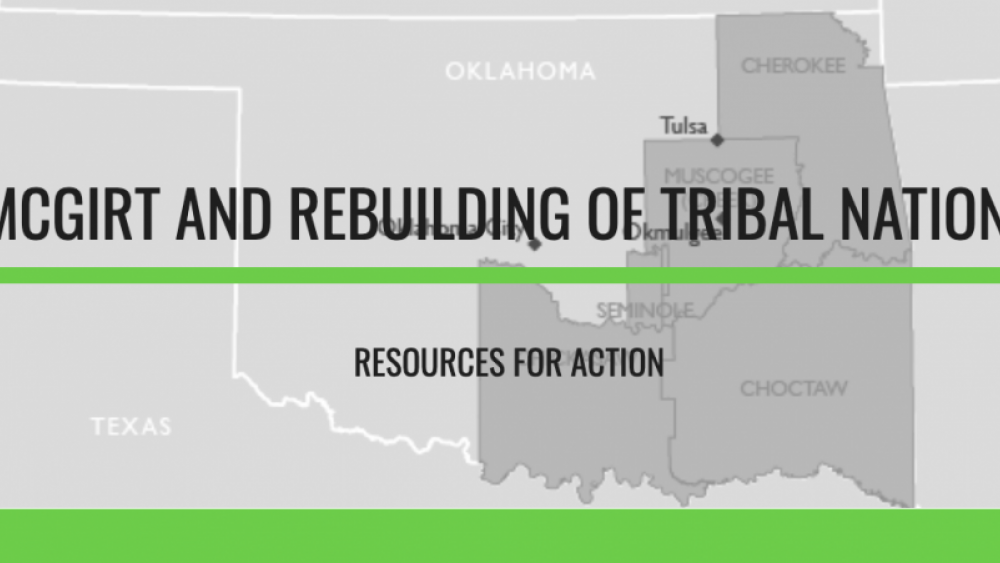
McGirt and Rebuilding Tribal Nations Toolbox
The McGirt decision has changed the legal landscape and created new opportunities for tribal nations starting with the Five Tribes in Eastern Oklahoma and potentially for tribal nations across Indian Country. It also has been the source of confusion, hyperbole, and alarm among some commentators.…
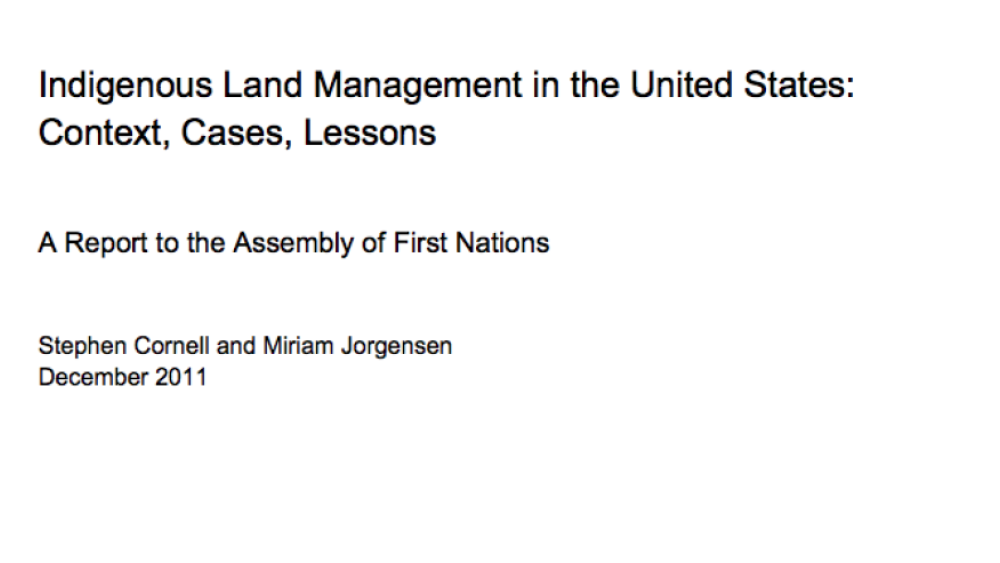
Indigenous Land Management in the United States: Context, Cases, Lessons
The Assembly of First Nations (AFN) is seeking ways to support First Nations’ economic development. Among its concerns are the status and management of First Nations’ lands. The Indian Act, bureaucratic processes, the capacities of First Nations themselves, and other factors currently limit the…
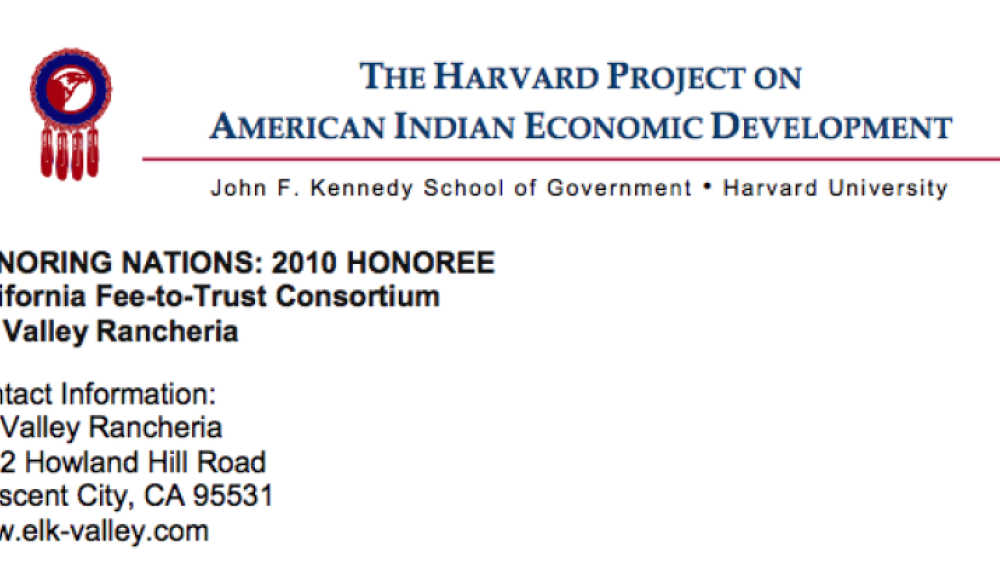
California Fee-to-Trust Consortium
The loss of traditional land is a source of longstanding trauma for Native nations. It has far reaching consequences that began at the time of dispossession and persist today. Many tribes struggle to regain territory in order to support the basic needs of their citizens – housing, economic…
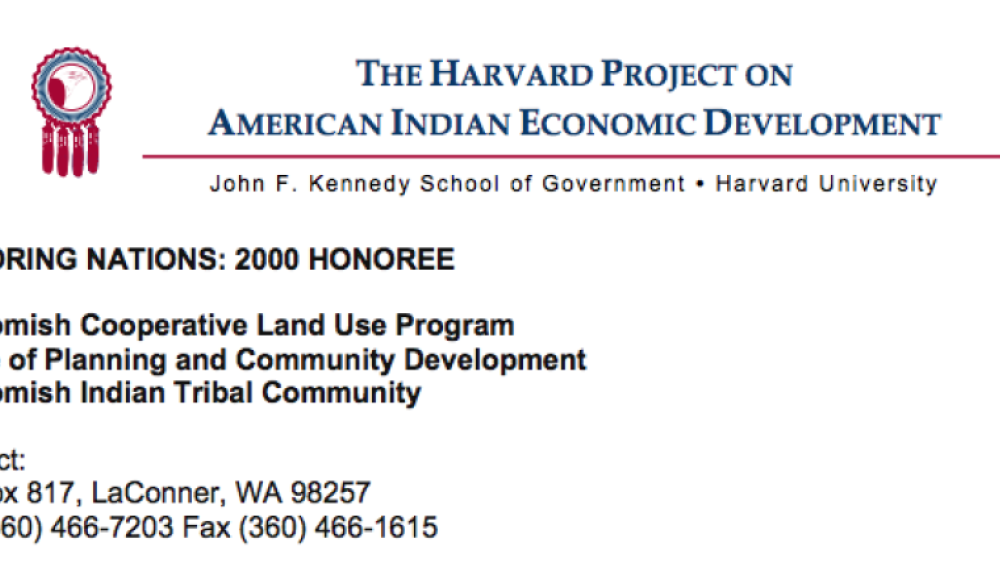
Swinomish Cooperative Land Use Program
Based on a memorandum of agreement between the Tribe and Skagit County, the Swinomish Cooperative Land Use Program provides a framework for conducting permitting activities within the boundaries of the "checkerboarded" reservation and offers a forum for resolving potential conflicts. The process,…
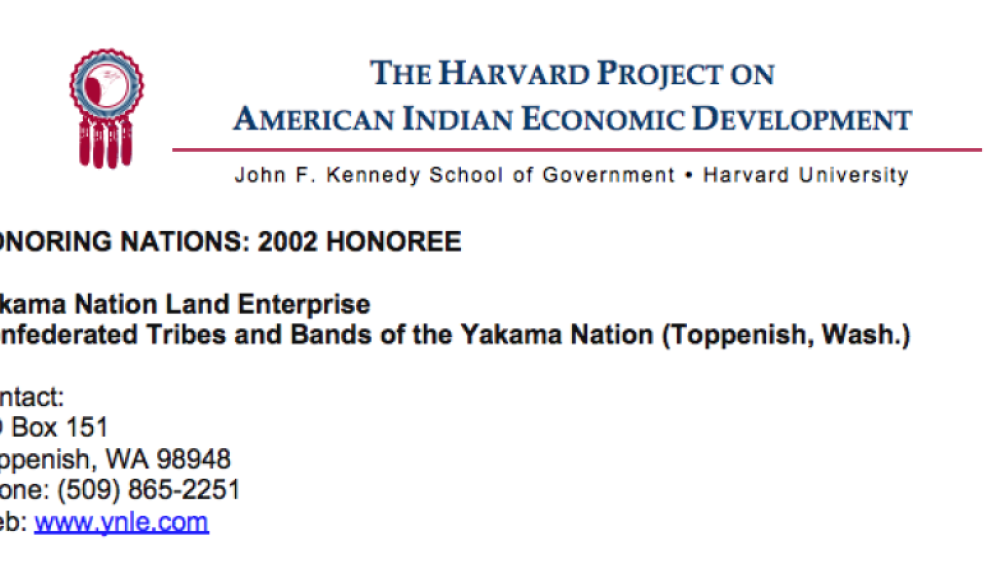
Yakama Nation Land Enterprise
In an effort to consolidate, regulate, and control Indian land holdings, the financially self-sustaining Yakama Nation Land Enterprise has successfully acquired more than 90% of all the fee lands within the Nation’s closed area — lands which were previously highly "checker-boarded." The Enterprise’…
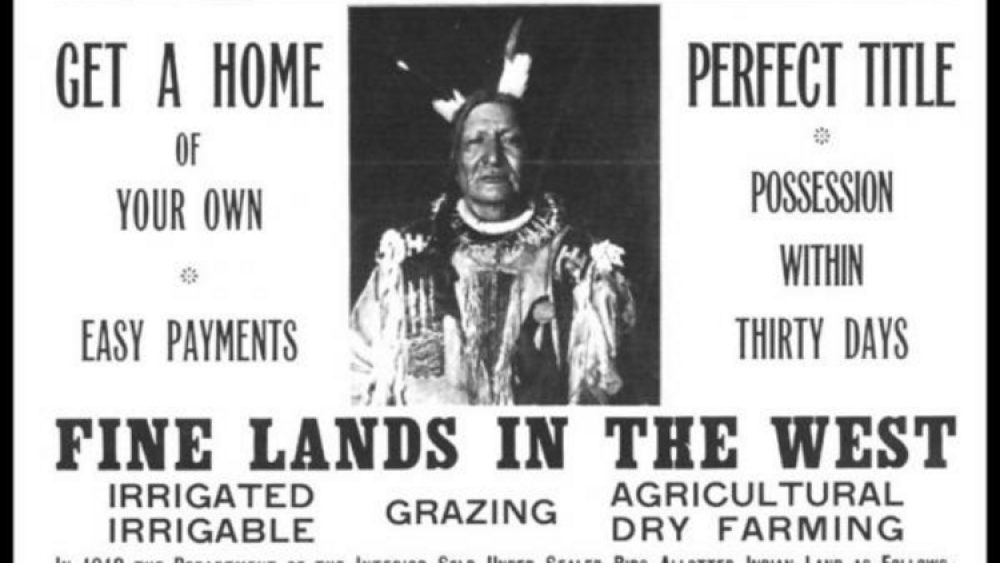
U.S. Land Rights for Indians?
There is an argument within federal-Indian law literature that suggests Indians could have more effectively protected land under U.S. law if they owned land in fee simple rather than under trust. There is better protection for private property under the U.S. Constitution than can be had from…
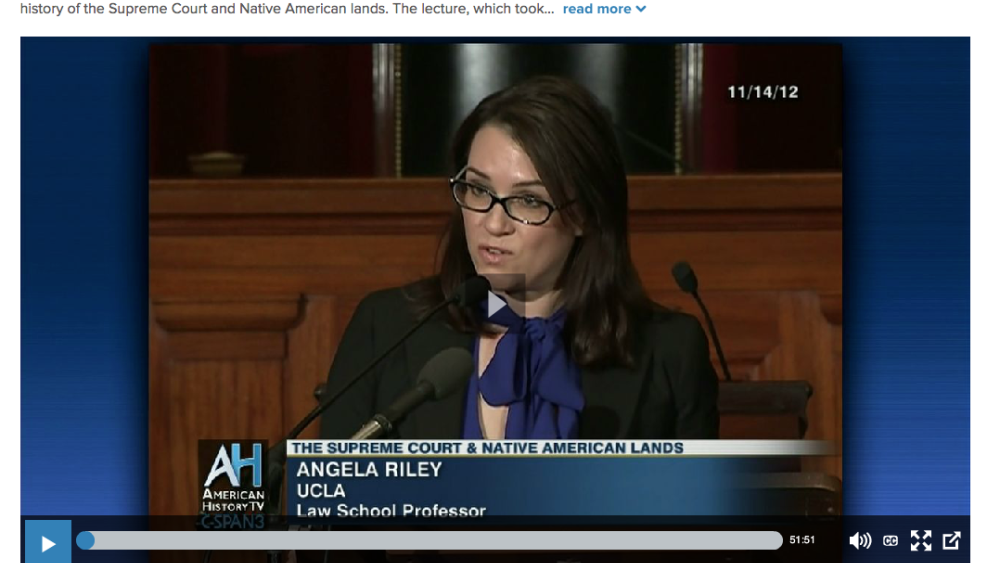
Native American Lands and the Supreme Court
Tribal judge and legal scholar Angela Riley (Citizen Potawatomi) spoke in the U.S. Supreme Court chamber about the history of the Supreme Court and Native American lands. The lecture was one in a series hosted by the Supreme Court Historical Society on the Constitution, the Supreme Court, and…
